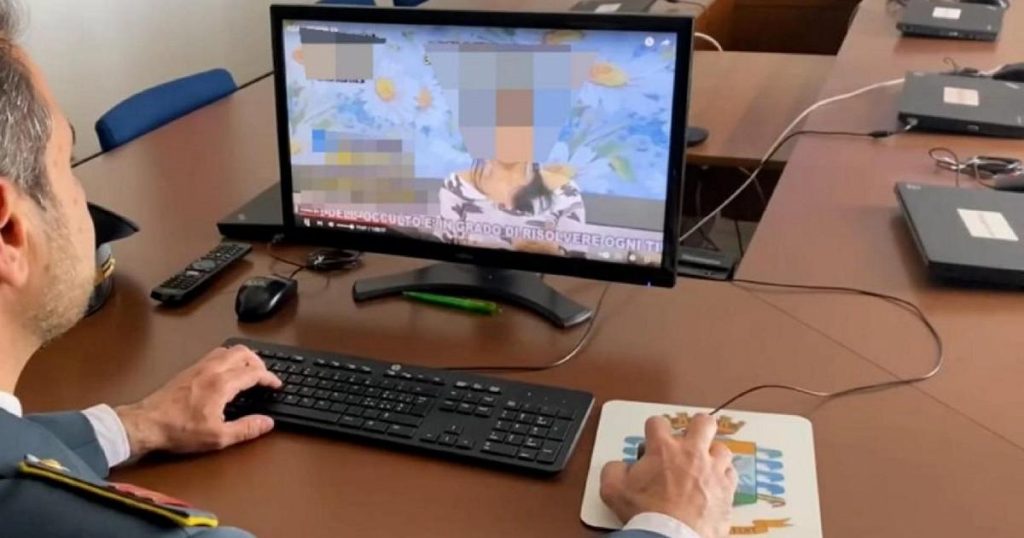The demand for consultations with fortune tellers, magicians, and occultists is growing, involving nearly 12 million people, with around 20% of Italians seeking these services each year and spending an average of 500 euros each. The latest report from the Anti-Plagiarism Observatory reveals that 90% of consultations take place online, while only 10% are in person. The increase in this phenomenon can be attributed to the use of social media and the internet. Those who are dependent on these practices often have other dependencies as well. The Observatory has received around 28,000 reports over thirty years, with approximately one thousand anonymous reports each year, though the actual numbers are likely much higher due to underreporting.
The report highlights that the total annual revenue for magicians and occultists is estimated to be 6 billion euros, with 5.5 billion coming from phone or online consultations, and only a small percentage of clients receive proper documentation for their payments. The majority of clients are women, making up 68% of the customer base. Despite potential scams, threats, fraud, sexual rituals, medical malpractice, and mental manipulation, only 3% of victims report their experiences. In the Piemonte region, there are 1,200 fortune tellers, healers, mediums, and magicians serving 85,000 clients and generating 50,000 euros annually in consultation fees.
The growth of this phenomenon is due in part to the increasing popularity of online platforms and social media, which make it easier for people to connect with fortune tellers and occultists. The ease of access and sense of anonymity provided by these platforms contribute to the spread of these practices. Unfortunately, there are also cases of fraud where individuals use fake identities to deceive clients, take their money, and disappear. The Anti-Plagiarism Observatory has noted an alarming rise in such incidents, necessitating a closer look at regulation and consumer protection in this industry.
The report sheds light on the prevalence of dependencies and other related issues among those who seek consultations from fortune tellers and occultists. Many of these individuals not only rely on these practices for guidance or support but also have additional dependencies that impact their well-being. The phenomenon is further exacerbated by the loneliness experienced by many individuals, as well as the convenience and accessibility offered by social media and online platforms. It is essential to address these underlying issues and provide support for those who may be vulnerable to exploitation or deception.
In conclusion, the report underscores the significant economic impact of the fortune-telling and occultism industry, revealing a multi-billion euro business that continues to grow. The lack of proper documentation and oversight, as well as the prevalence of underreporting and potential scams, raise concerns about consumer protection and the regulation of these practices. As the demand for these services persists, it is crucial for authorities and regulatory bodies to address the risks and vulnerabilities associated with seeking consultations from fortune tellers, magicians, and occultists. Measures must be taken to safeguard individuals from exploitation, fraud, and other harms that may arise from engaging in these practices.














